District Court Interprets EKRA
FDA Law Blog
JANUARY 6, 2022
A “health care benefit program” is defined as “any public or private plan or contract, affecting commerce, under which any medical benefit, item, or service is provided to any individual, and includes any individual or entity who is providing a medical benefit, item, or service for which payment may be made under the plan or contract.”




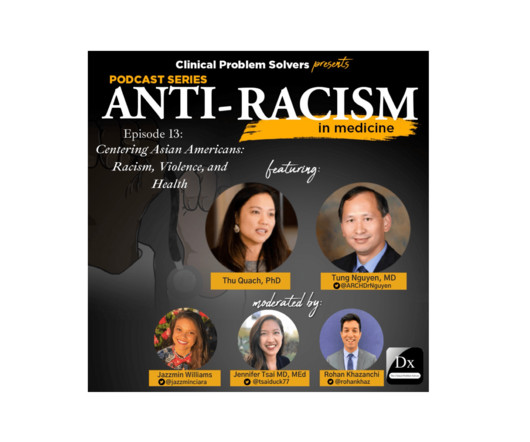
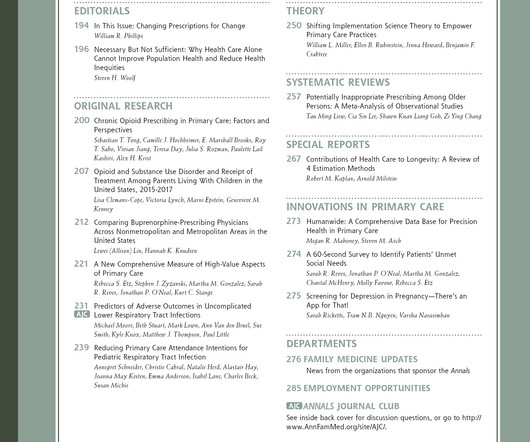
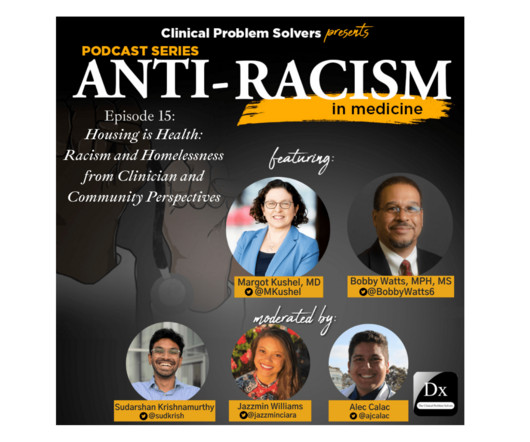
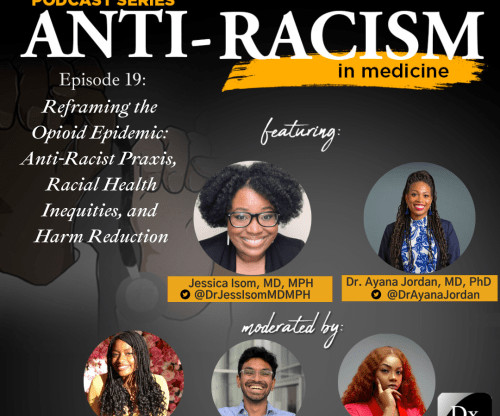
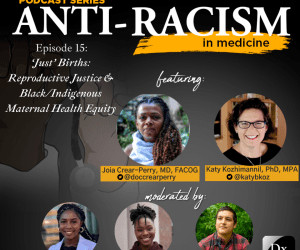






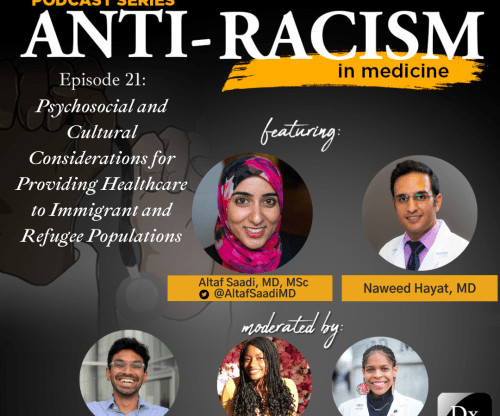






Let's personalize your content